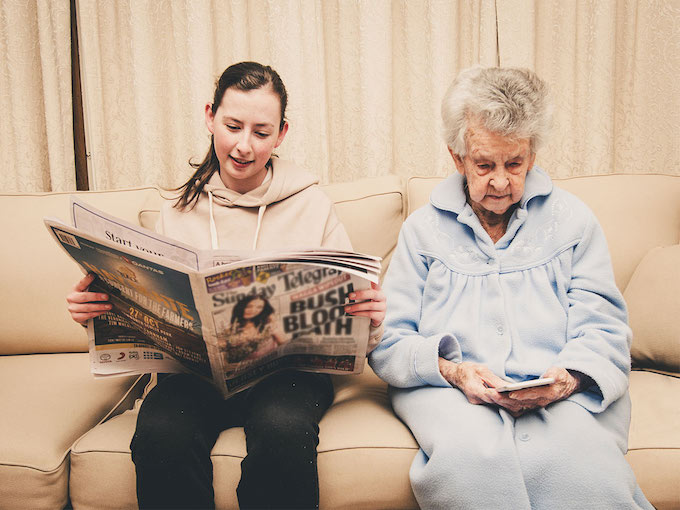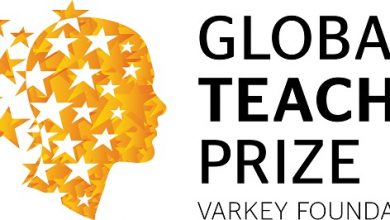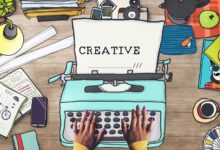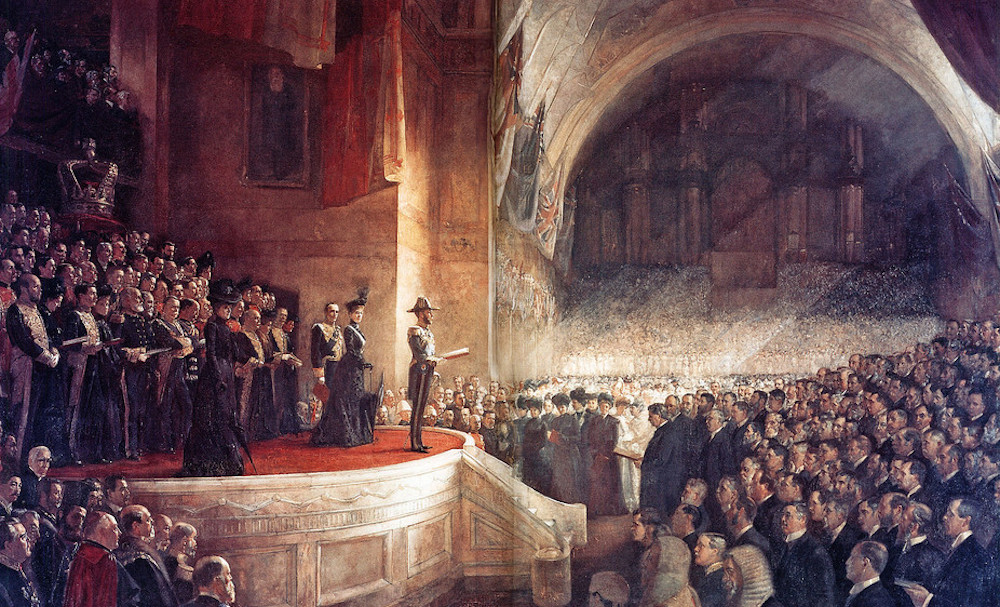
The hunt is on for budding photographers to enter the 2019 Grandparents Day photography competition.
The competition, run by the NSW Department of Communities and Justice, aims to foster relationships between younger and older generations by creating and capturing special moments together.
Students from Kindergarten to Year 12 are encouraged to enter the school student category with any photo they’ve taken of a grandparent or grand friend.
The winning photographer will be invited to Parliament House NSW to meet the Minister and be awarded their prize.
Entries for the 2019 Grandparents Day photo competition close on Sunday 15 September.
NSW Grandparents Day is an annual celebration of the contributions grandparents make to their families and communities, recognising the diversity of grandparent relationships across the state.
It is celebrated every year on the last Sunday in October and in 2019 will be celebrated on 27 October.
Grandparents Day aims to foster intergenerational learning and offers older people ongoing opportunities to participate in their local communities, as grandparents, grand friends, kin, and those who take on the role of a grandparent in their family or community are celebrated.







